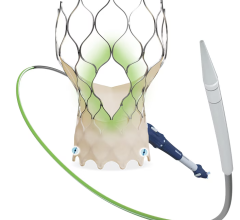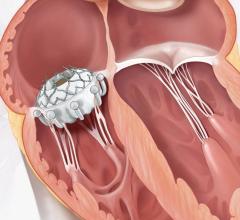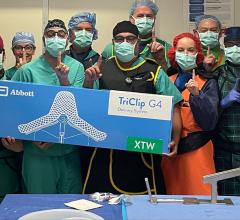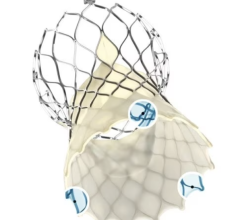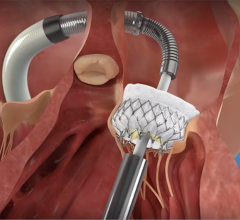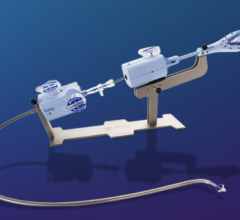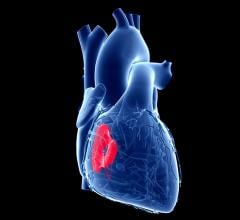
August 31, 2015 — Cardiologists failed to identify more than half of basic and about 35 percent of advanced pre-recorded murmurs, according to research presented at the European Society of Cardiology Congress 2015. Skills did improve, however, after a 90-minute training session.
Recent breakthroughs in the transcatheter treatment of aortic and mitral valve disorders provide new therapies for patients, but physicians must be able to detect valve problems in a timely manner for patients to see the full benefit of these advances, said Michael Barrett, M.D., the lead investigator in the study.
Barrett recruited a total of 1,098 cardiologists to undergo assessment of their auscultation skills at the American College of Cardiology (ACC) Annual Scientific Sessions over four years, from 2011 to 2014. Participants chose to be tested on a set of basic murmurs, on a set of advanced murmurs, or both.
Basic murmurs included aortic stenosis, aortic regurgitation, mitral stenosis and mitral regurgitation. Advanced murmurs included bicuspid aortic valve, mitral valve prolapse, combined aortic stenosis and regurgitation, and combined mitral stenosis and regurgitation.
After the pretest, all of the participants listened to 400 repetitions of each murmur while viewing cardiac images including phonocardiograms relevant to each lesion. Training time averaged 90 minutes for each set of murmurs. Immediately after the training, there was a post-test of the murmurs in a randomized order and from different patients than the training samples.
On the basic murmurs, 980 cardiologists scored on average 48 percent correct on the pretest, with a margin of error of 12 percent. Post-test scores increased to 88 percent, with a 15 percent margin of error.
On the advanced murmurs, 932 cardiologists scored on average 66 percent correct (margin of error +/- 13 percent), improving to 93 percent (+/- 16 percent) on the post-test.
“These findings confirm the widely held view that auscultation skills among cardiologists have eroded over time,” said Patrick T. O’Gara, M.D., past-president of the ACC and a co-investigator on the study. “As shown in this and other studies, however, these skills can improve with repetition and training. Accurate auscultation is the first step in the cost-effective evaluation of patients with suspected valvular heart disease.”
The study used training tools from Heart Songs 3, an online/downloadable training program developed by Barrett and offered by the American College of Cardiology to help health professionals improve their auscultation skills. The program is based on psychoacoustic research that shows it takes the human brain intensive repetition to master a new sound.
For more information: www.acc.org


 July 08, 2024
July 08, 2024 

